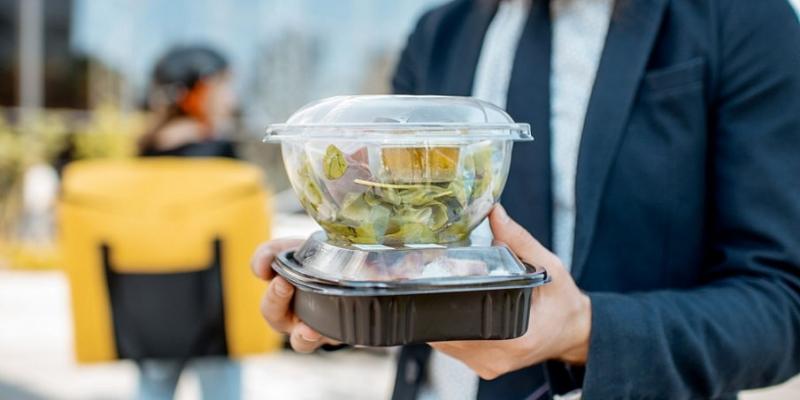99% of agricultural production in the Navarre Bank goes north of Europe
- This is what the Subai Erakuntza association points out, on the eve of the demonstration convened on Saturday at noon by the Navarra Platform against Macroines and various groups. It will depart from the Paseo de Sarasate at 12:00 hours to the Agro-Livestock Stop. Food sovereignty now under the slogan.

This is another activity that social movements organised in November at the Alternative Climate Summit. Organisers believe that it is good to create alternative production and consumption systems, but we must also get out to the streets: “It is essential to design a transition to a more sustainable model, addressing agroecology, diversification and deintensification, addressing an extensive livestock model with land attachment.” To this end they reaffirm the need for radical changes and real public policies to create systems that preserve the environment and produce healthy food for the whole of Navarra: “We have to ask that institutions do not depend on the economic power of agro-industry.”
Historically – explains Subai Erakuntza – diversified agricultural systems have provided the country with a wide variety of food. Currently, 75% of the land in Navarra is monoculture for grain production and forage for cattle. Only 25 per cent of land is for human consumption. And it's also given a significant insight. 99 per cent of the Bank ' s agricultural production goes north of Europe.
They also stress that this intensive industrial production is highly dependent on fossil fuels and chemical fertilisers and pesticides. According to the data they handle, “the consumption of the latter doubled in Navarre between 2009 and 2019, while we are being told that we should reduce them from Europe to 2030.”
This is causing soil and water pollution. Some areas of Navarre have been declared Vulnerable Areas Contaminated by Nitrates and the contaminated area continues to increase, as explained by the association, specifically between 2016-2019 they have increased 76% and between 2012 and 2015 317%, according to a recent European report. In Subai Fundazioa’s view, “despite increased risks, they continue to provide permits for new farms and organic industrial waste bio-metering centres such as: Biomendi, HNT Biogas and another in the process of Kabanillas”.
Subai Erakuntza has in recent months submitted allegations of various projects. Opposition to it and the way in which it may submit claims can be found on its website.
"Until recently the peasants threw their wells, but they can't. In some areas there are 300 milligrams of nitrates per liter, with a maximum authorized of 50". This is the phrase read by Berria in the report on water management, and which speaks of Caparroso, the town of southern... [+]
Abenduan egin zuen eskaera Nafarroako kooperatibak, Espainiako Ministroen Kontseiluak behi-etxaldeei buruzko dekretu berria atera baino ia hilabete lehenago. Nafarroako Gobernuak, dena den, datorren maiatzera arte etxaldeak ez handitzeko moratoria onartuta du joan den... [+]






















